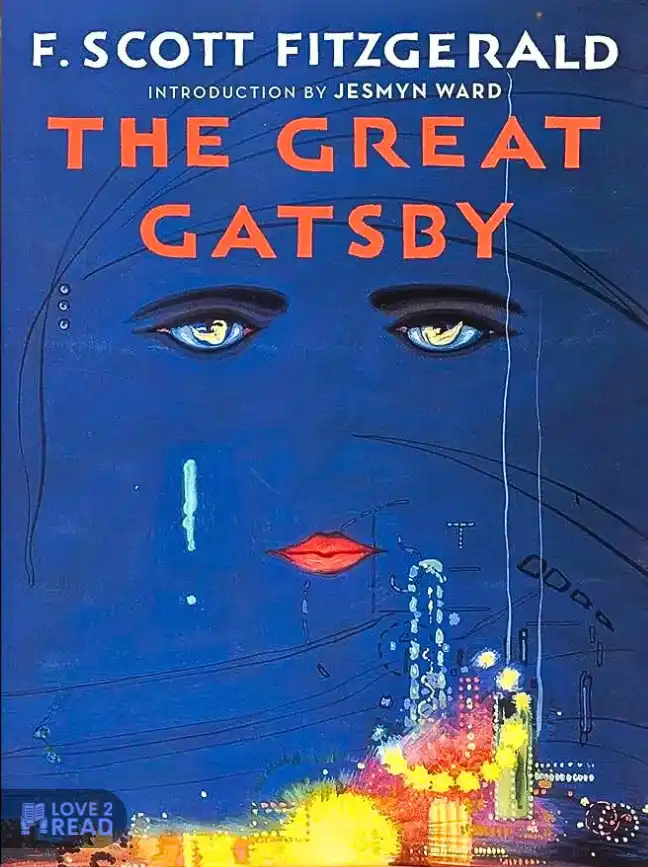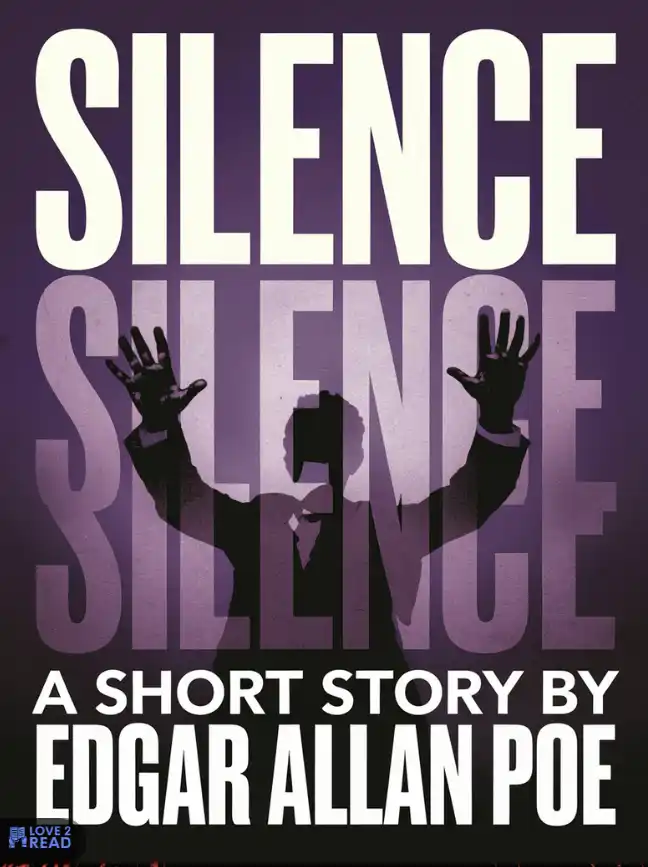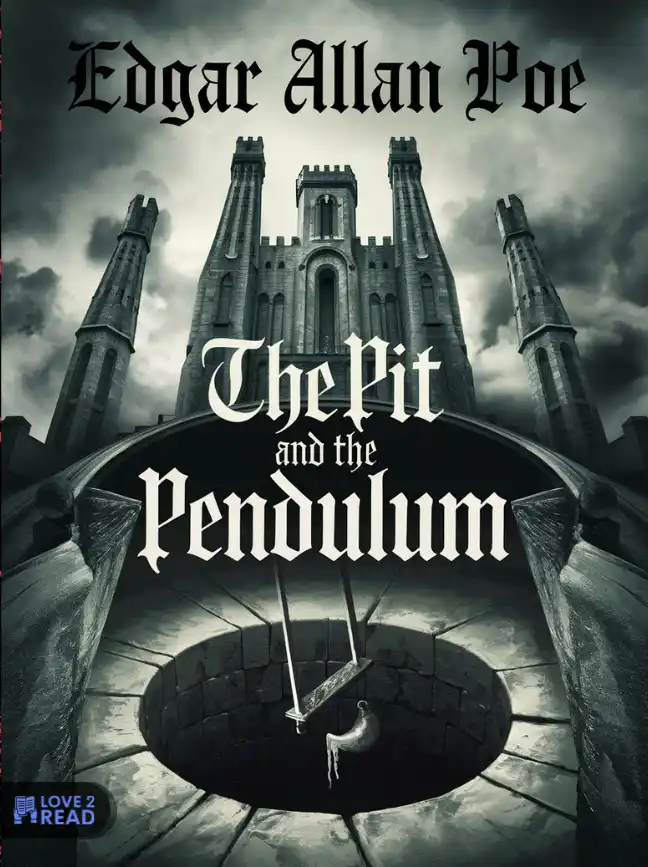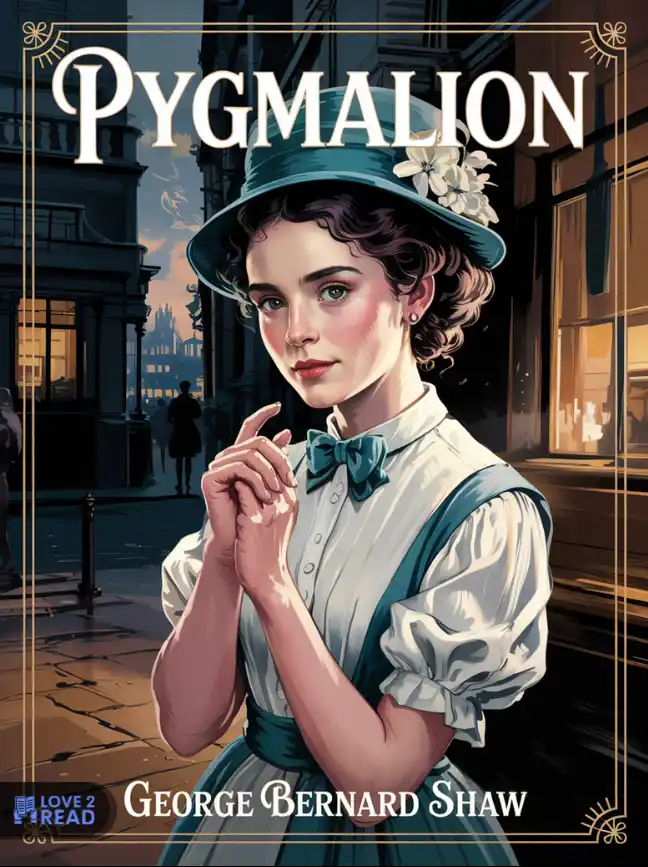F. Scott Fitzgerald’s The Great Gatsby is a seminal novel set in the summer of 1922, narrated by Nick Carraway, a Yale graduate and World War I veteran who moves to West Egg, Long Island. There, he becomes entangled in the lives of his wealthy cousin Daisy Buchanan, her domineering husband Tom, and his enigmatic neighbor Jay Gatsby. Gatsby, known for his lavish parties, is driven by his love for Daisy, whom he met before the war. As Gatsby and Daisy rekindle their romance, tensions rise, leading to a confrontation between Gatsby and Tom. The ensuing events culminate in tragedy, highlighting the moral decay beneath the era’s glittering facade.
The novel delves into themes such as the decline of the American Dream, class disparities, and the illusion of love. Gatsby’s pursuit of wealth and status to win back Daisy underscores the futility of chasing an unattainable ideal. Fitzgerald portrays the Jazz Age’s opulence as a veneer masking societal corruption and disillusionment. Through Nick’s reflective narration, the story critiques the era’s moral emptiness and the enduring allure of a dream that remains perpetually out of reach.







